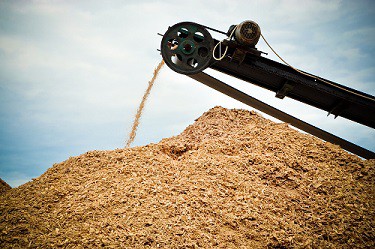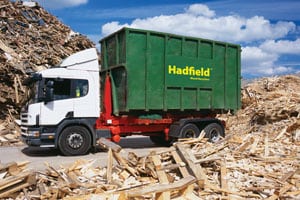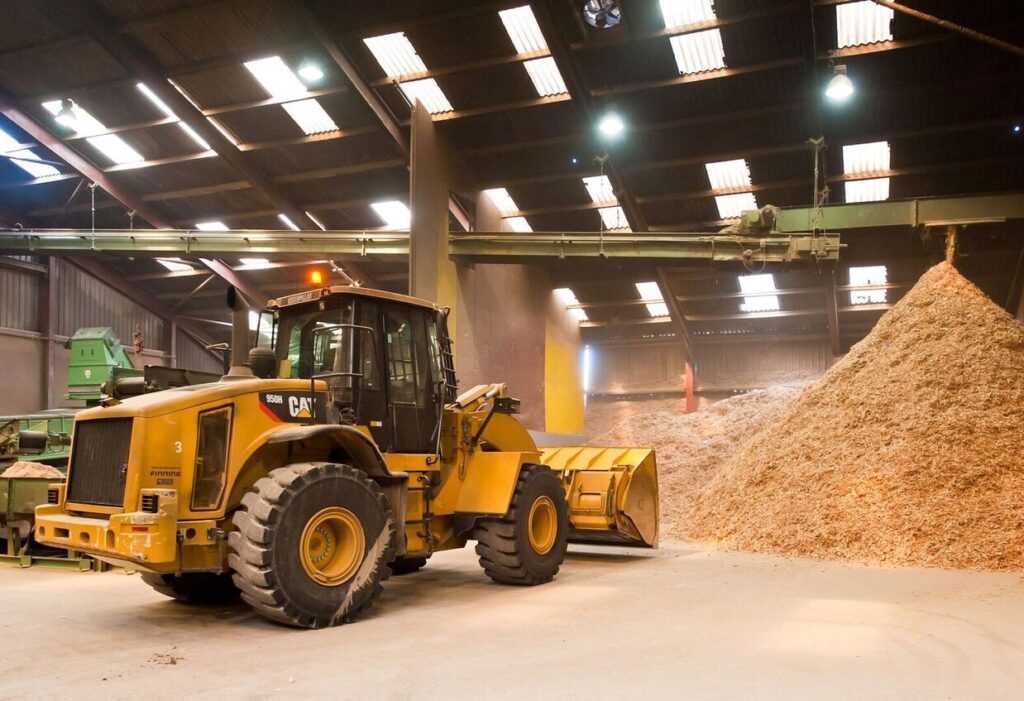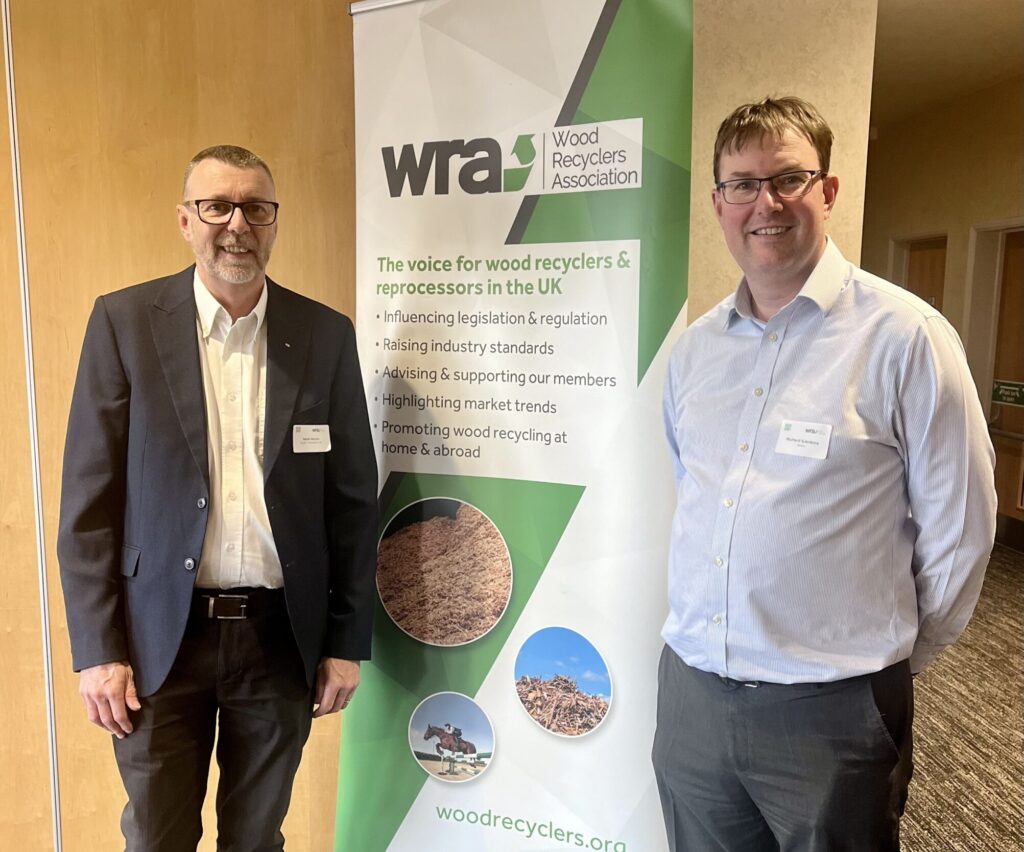
It follows yesterday’s (July 29) news that Hadfield Wood Recyclers has temporarily closed its gates in Manchester and Middlesbrough to incoming waste wood due to the enforcement of what it described as “unworkable” Agency storage restrictions aimed at reducing the risk of fire (see letsrecycle.com story).
The Environment Agency said yesterday that Hadfields’ decision was “the first step towards reducing the risk and we hope that the company continues to work towards actively reducing the risk of fires”.
A spokesman for the Agency said: “Our role as a regulator is to ensure that permits protect the local community and the environment. An important part of this role is making sure that all appropriate measures are being taken to prevent fires.”
However, responding today (July 30) to the news, the WRA – of which Hadfields is a member – said it was “very sorry” that the firm had been forced to shut its gates at two of its three sites for the first time in its 35-year history, adding that it hoped all parties “will find a workable solution soon”.
[testimonial id = “257” align=”right”]
But the trade body backed Hadfields’ criticism of the storage specifications set out in the Agency’s Fire Prevention Plan (FPP) guidance, which was updated in March 2015, describing the wood stack size restrictions in the document as “commercially unrealistic”.
Led by director Simon Dowson, the WRA has long been in discussion with regulators over the storage of waste wood at recycling sites and has agreed to fund practical wood fire tests in order to “inform and support future regulatory guidance that protects against fire but that is also commercially viable”.
The WRA said it was working in closely with the EA, the Chief Fire Officers Association, London Fire Brigade, the Waste Industry Safety and Health Forum (WISH), the Environmental Services Association (ESA) and Stobart Biomass with a view to the fire tests taking place in September.
It said it could therefore not understand “why the Environment Agency did not wait until the fire tests had been completed before issuing the new FPP document”.
The WRA wrote to the EA’s head of regulated industry, Harvey Bradshaw, on May 5 2015 in order to “complain about the sudden introduction of the FPP document without any consultation with the fire and rescue services, other regulators and industry”.

And, according to the WRA, since the FPP document was released in March “a number” of its members have confirmed that the small stack sizes and separation distances required by the document “are unworkable”, while one operator is reportedly withdrawing from handling waste wood altogether because of the restrictions.
WRA chairman and Andy Hill, who is head of organics and alternative fuels at Suez (formerly SITA UK), said the FPP guidance “is not based on any science or fact but on conjecture and un-informed opinion”.
He said: “We have repeatedly advised the EA on this point and despite working proactively and closely with the EA, WISH and the fire service, the EA have decided to continue enforcing this position as evidenced at a number of our member sites. We will continue to work hard with stakeholders to establish the science in order to create a relevant, sensible and commercially viable position. To this end the WRA are funding further burn trials scheduled for September. We remain hopeful that the EA will continue to work with us to reach a sensible position.”
Market seasonality
The WRA first announced they would be funding fire tests in October 2014, following a difficult summer season for the waste wood market which saw many operators closing their gates to incoming material due to there being fewer off-takers during warmer periods (see letsrecycle.com story).
With the waste wood industry being a seasonal market, there is currently once again very little movement of waste wood material in the UK, forcing some firms – like Hadfields – to begin closing their gates to waste wood suppliers due to storage limitations.
However, there are concerns in the industry that the situation has been exacerbated by the Environment Agency enforcing the stricter Fire Prevention Plan guidance in some regions.
One wood recycler told letsrecycle.com this week that the time period limits for storage set out in the FPP guidance “fails to recognise seasonality”, and as a result “gates are closing everywhere – it is worse than last year”.
The operator said: “My understanding is that it [the summer waste wood market] is the worst it has ever been, but this is partly because the Environment Agency has been pushing FPP.
“The thing is, the storage restrictions have not cut down on waste arisings. So waste wood is either being pushed higher up the supply chain or is simply being sent to landfill.”






Subscribe for free